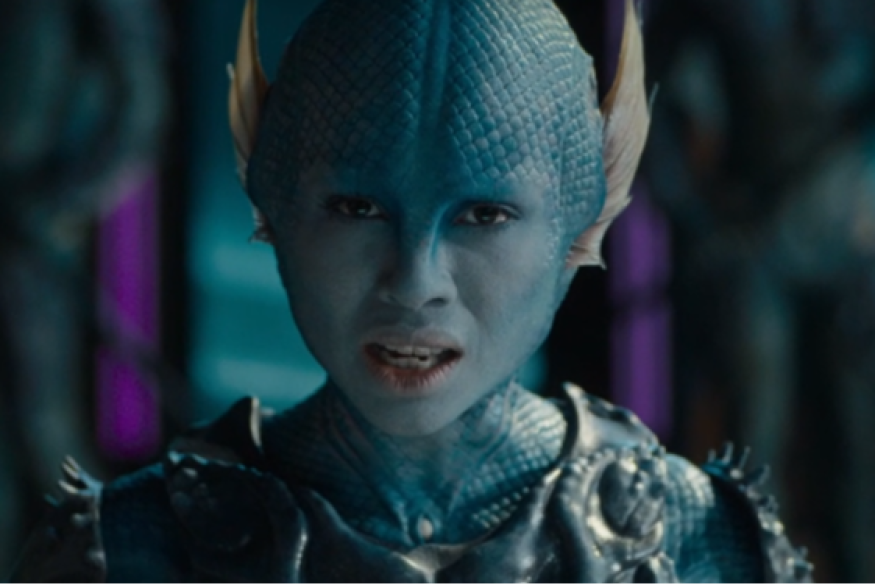
July 01, 2025
The Squid Game finale did not merely close a chapter in television — it unleashed a cultural tremor that left the world breathless. This was not just the end of a series. It was the moment global audiences paused, stunned, as fiction held up a mirror to our darkest truths.
What began as a Korean thriller about debt-ridden strangers facing lethal childhood games transformed into a global reckoning — a brutal, brilliant allegory of power, inequality, and complicity. And when it ended, it offered no closure. It left us exposed and unsettled.
Advertisement
The final episode of Series 3 delivered what few shows dare: a twist so profound it reframed everything that came before.
Gi-hun, once a reluctant winner, returned not to redeem the game, but to destroy it. In a devastating climax, he sacrificed his life to save the newborn child of Player 222 — a baby born amid chaos and cruelty. His final words were etched with defiance: "We are not horses. We are humans."
The child, designated as the next Player 222, became the youngest and most symbolic victor. The message was piercing — the future must be protected, even if it demands burning the past to the ground.
“Don’t Get on That Plane” — Reimagined
The arc that began in Series 1, with Gi-hun turning away from the safety of an aeroplane to confront the game’s architects, reached its tragic zenith. He did not seek an exit. He chose to confront the machine from within, knowing full well the price.
Squid Game was never merely television. It was an indictment, carved into every violent set piece and every impossible choice. It compelled us to ask: what would we do if pushed beyond our limits?
From Red Light, Green Light to the brutal final confrontation, the show laid humanity bare — loyalty, betrayal, sacrifice, desperation. It was horrifying. It was truthful. It was us.
Through this, Squid Game achieved something rare: it made spectacle meaningful. It turned entertainment into critique
As the final credits rolled, we did not just lose a series. We lost a global event.
Squid Game rewrote the rules of modern storytelling. It brought together viewers from Seoul to São Paulo, Lagos to London. It made subtitles second nature, and positioned Korean storytelling at the centre of global culture — not as a novelty, but as a force.
We will remember the green tracksuits. The eerie lullaby of the doll. The tense crackle of sugar about to splinter. But above all, we will remember what Squid Game made us feel — dread, awe, and the startling realisation that we had been looking into a cultural mirror all along.
It was more than a phenomenon. It was a reckoning. And while the game may be over, its shadow will not leave us soon.









